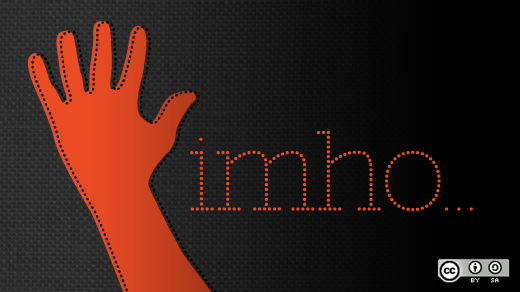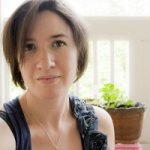Open source research often paints the community as a homogeneous landscape. I have collected stories from open source contributors to begin constructing a new narrative of diverse experience. These contributors are 20 women and men, living in seven countries.
Dedicated people have enacted some impressive initiatives, but a deep gender gap still exists. You may have heard recent conference sessions about increasing diversity in open source, seen the anti-harassment policies, or noticed the women's groups in large open source projects.
There should be a place for anyone. There are as many open source solutions as there are interests, and just as many ways to contribute. Researchers and community members have proposed reasons that keep women out of open source, but overlooked are social reasons, like new contributors navigating teams of people who have worked together for years.
Through the interviews, I have uncovered traits that contributors need to succeed in an open source project, and so far I am finding a surprisingly human-centered view, where participants praise community members who help them navigate their projects. People acknowledge these gatekeepers first by name and personality traits, but also acknowledge their complimentary skill sets. These successful pairings are not necessarily of the same gender, or from the same country, or same culture, but everyone lights up at the mention of these mentors.
None of my survey participants have demanded exceptional technical genius from other open source contributors. Instead, they praise personal qualities like "patient," "passionate," "driven," and "curious." Participants recognize that people are not born contributors; they succeed with a combination of personal qualities, diverse aptitudes, and a community where personalities mesh.
Open source projects have the unique opportunity to reach wide audiences. It is detrimental to leave out entire segments of the population who offer constructive perspectives and talents. Women all over the world are making amazing contributions to open source, and enjoying themselves in the process. I hope this research will give readers a lens to re-examine the open source community through diverse perspectives, while illuminating some positive aspects of being a part of open source.
(During the 2011 school year, Sarah Riggs conducted research concerning gender and participation in open source communities. This article previews her research, the results of which are forthcoming from the UNC School of Information and Library Science. She'll present her conclusions in a future piece for opensource.com.)







5 Comments